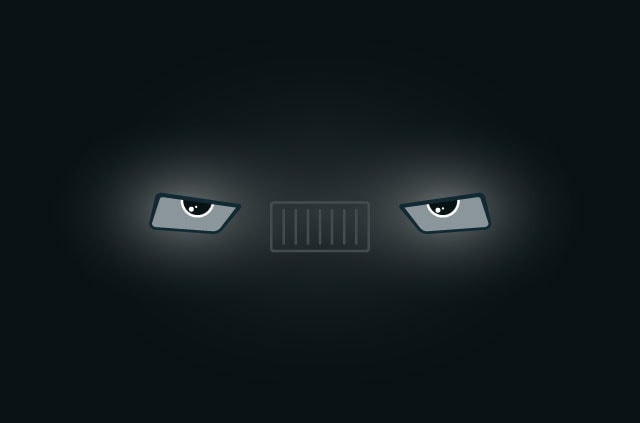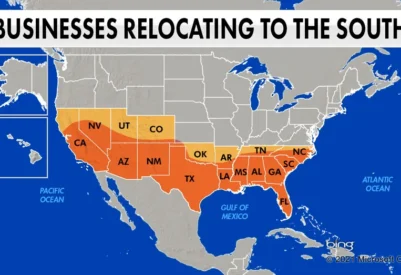
According to research perform by Popular Mechanics, the GPS you can't live without or the EDR (event data recorder) that collects data like speeding can actually harvest data beyond your knowledge.
Technology has advanced to the point where the gadgets sitting in your car could actually cause you to get questioned or even arrested for a crime. Don't panic though, as this is only the worst-case scenario.
The way it works is that, in recent years, these gadgets have been updated to include technology that stores data like where your car is located or even voice recordings and biometrics taken by your car's camera and microphone.
While this information can be handy, like all data, it could also be used in a non-beneficial way depending on who has access to it. Speaking to Reader's Digest, digital privacy expert Jean-Paul Schmetz stated, "You need to operate under the assumption that the data your car collects about you will be used in a variety of different ways you cannot control or remove consent from later on.
This data is often sold to advertisers but could also be sold to insurers or other third-party businesses that may have interest in it."
While your navigational system can't give a wealth of information, it can give information on your whereabouts.
Additionally, per Popular Mechanics, some GPS systems are connected to service providers who can then make calls. While this is harmless on the surface, and indeed can be extremely useful in emergencies, it also means your data could be being sold without your permission.
Not only this, but several former Tesla workers told Reuters in 2023 that they not only could see who was behind the wheel, but had access to information like when a car crashed, and, worryingly, what the inside of people's garages or the outside of their properties looked like.
If your car has an EDR, this is another way it's essentially spying on you. Via the National Highway Traffic Safety Administration, event data recorders can monitor functions like the state of a vehicle just before a crash, post-crash data, and whether brakes were used.
This is useful information if you were the victim of a crash rather than the perpetrator, but the concern is about who can access this data.




